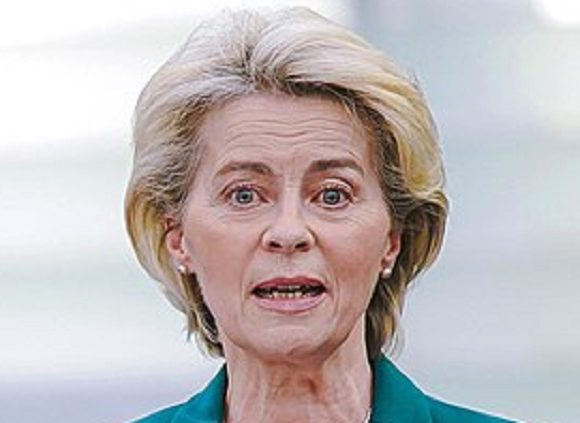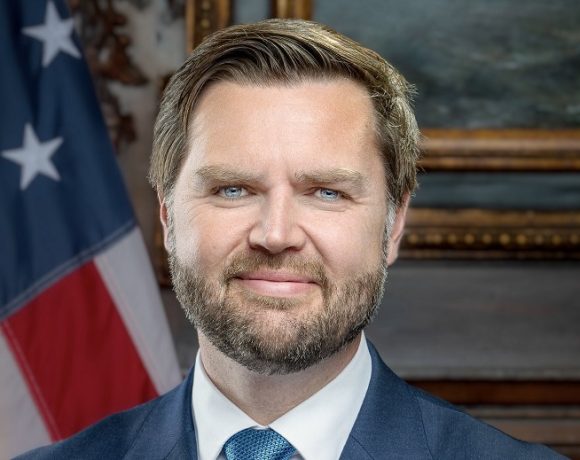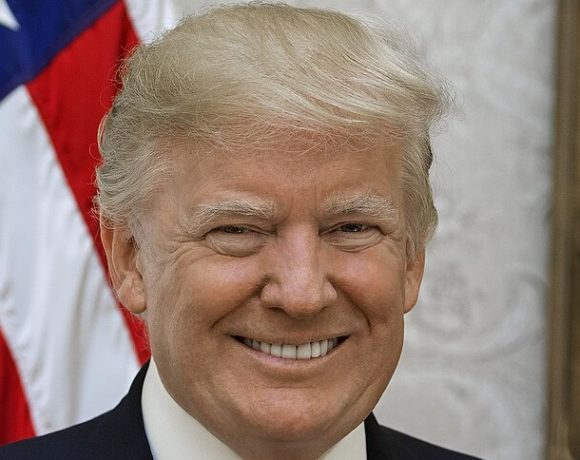
Trump Suggests Statehood for Canada Amid Subsidy Criticism
Former U.S. President Donald Trump has stirred political debate by suggesting that Canada should consider becoming the 51st state of the United States. His remarks, made during a speech criticizing U.S. subsidies to neighboring countries, have sparked discussions on both sides of the border about economic and political relations.
Trump questioned the logic behind U.S. financial aid to Canada, stating that such subsidies “make no sense” without tangible benefits for Americans. This led him to propose statehood for Canada as a solution, arguing that it would allow the U.S. to better manage resources and ensure accountability for taxpayer dollars.
Criticism of U.S. Subsidies
Trump’s comments come as part of a broader critique of American economic policies regarding its neighbors, including Canada and Mexico. He emphasized the need for the U.S. to prioritize domestic interests, particularly in light of economic challenges and rising public debt.
The former president has long been vocal about revisiting trade agreements and subsidy policies. During his tenure, Trump renegotiated the North American Free Trade Agreement (NAFTA) into the United States-Mexico-Canada Agreement (USMCA), which he described as a win for American workers and businesses.
Reaction to Trump’s Proposal
While Trump’s statement about Canadian statehood was likely rhetorical, it has elicited varied reactions. Supporters view it as a bold critique of ineffective policies, while critics have dismissed it as impractical and unnecessary.
Canadian officials and media outlets have largely refrained from engaging directly with the idea, focusing instead on maintaining strong bilateral relations. Analysts have noted that such statements are unlikely to impact U.S.-Canada ties significantly but highlight Trump’s ongoing influence in shaping public discourse on trade and foreign policy.
Implications for U.S.-Canada Relations
The suggestion of Canadian statehood underscores the complexities of U.S.-Canada relations, which are deeply rooted in shared economic and security interests. While Trump’s remarks are unlikely to lead to concrete policy changes, they serve as a reminder of the ongoing debates surrounding cross-border subsidies and economic integration.
As the 2024 U.S. presidential election approaches, Trump’s statements signal a potential focus on reexamining international agreements and reinforcing “America First” policies. How these ideas resonate with voters and policymakers remains to be seen.


















